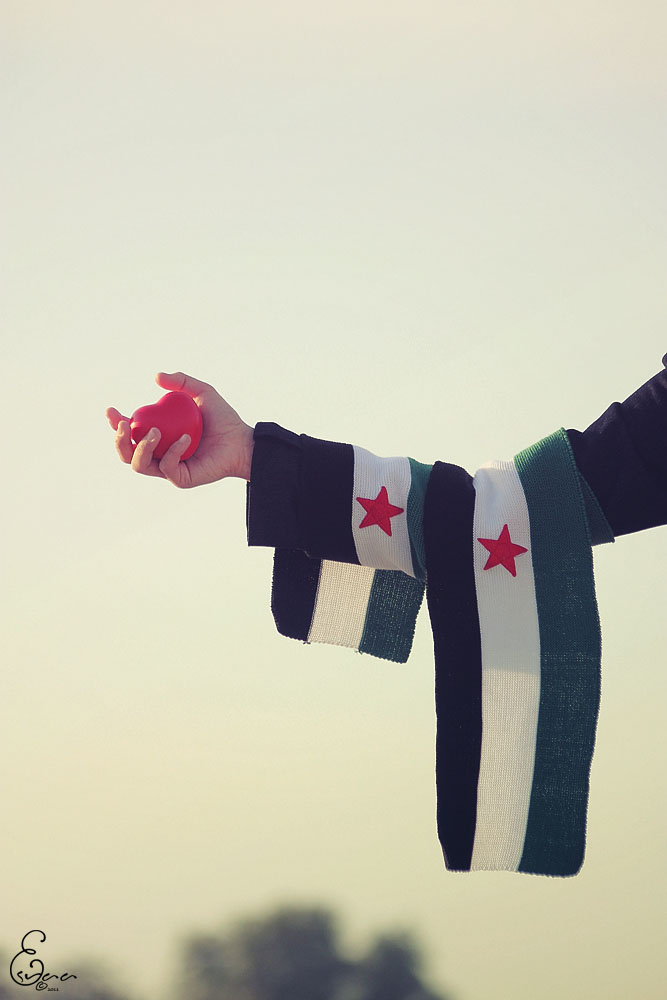Abdulla Hawez
Since the deterioration of President Jalal Talabani’s health on Monday night, his condition has dominated the headlines in Iraq. At stake is not only the end of a president, but also the possible end of the era of peaceful negotiations between the Kurdistan Regional Government and Baghdad.
What differs Talabani from the other politicians in Iraq is that if he dies it would shake Kurdistan’s and Iraq’s political landscape equally. The president is both Kurdistan’s and Iraq’s number one heavyweight politician, and the only one that can keep the balance both in Kurdistan internally and with the central government in Baghdad.
Together with Mustafa Barzani (who founded the Kurdistan Democratic Party – KDP – and is the father of Kurdistan’s president Masoud Barzani), Jalal Talabani’s was the driving force behind the Kurdish revolution that started in 1961. His political career started more than 65 years ago, at the age of 14.
In 1975, Talabani left the KDP and founded the Patriotic Union of Kurdistan (PUK), which became the dominant party in Kurdistan, much thanks to its armed movement that re-started the revolution in 1976.
After the Kurdish uprising against the Ba’ath regime in 1991, elections were held for Kurdistan’s newly established parliament, in which PUK and its historical rival KDP gained almost equal shares of the votes. Since 1995, there has been internal conflicts over power between these two major parties, which led to the split of the Kurdistan region into two government administrations; one in Erbil, the current capital of the Kurdistan Regional Government (KRG), and the other in Sulimania, the KRG’s second largest city.
In 1998, an agreement between the two parties was brokered in Washington under the supervision of the then-US Secretary of State, Madeleine Albright. PUK and KDP agreed to govern the Kurdistan Regional Government based on a 50-50% sharing of power.
Since PUK always took part in the elections jointly with the KDP, problems occurred as the PUK lost almost half of its popular support to the change movement. What have kept the balance and stability since then have been Talabani’s statesmanship skills and the strategic agreement between PUK and KDP.
Since the split in 2008, the PUK is suffering from internal differences, where Talabani is the only guarantee for keeping PUK from disintegrating further. There is an argument whether PUK will remain after Talabani dies or leaves the political scene, with the odds not looking too good. The most likely scenario is that the majority of PUK members will join the change movement, while a few of them will join the ruling KDP. Even if PUK persists, it will become a very weak party.
What is at stake is not only PUK’s survival, but also the balance of power in Kurdistan. Talabani is maintaining that balance in many respects. First, he is the only man that can be balance Masoud Barzani as the most powerful man in Kurdistan, and he is the only one that can challenge him. Furthermore, the end of Talabani may lead to the end of power sharing in Kurdistan, at least in its current shape.
The change movement is likely to replace PUK, but the problem is that they are very critical of the KDP, which will cause difficulties for cooperating. There are two scenarios: either the KDP will accept some political reform, in which case after elections one of them accept to become the opposition, or there will be further division. The latter would also mean further division between the two major cities; Erbil and Sulimania, because Erbil is the stronghold of the KDP and Sulimania is the stronghold of the change movement.
Since becoming the president of Iraq in 2005, Talabani has upheld excellent ties with all political players in Iraq, while no one else could do so, functioning as a mediator between the religious sects.
President Talabani has been the reason of the still-not-so-bad relationship between the KRG and Baghdad. Only a couple of hours before being hospitalized, he met with Prime Minister Nouri al-Maliki to tackle the increasingly violent tensions between Kurdistan and the central government through dialogue instead of military means.
Talabani has also been the only Kurdish figure that could keep warm ties with the ruling Shiite leaders in Baghdad. He has also built strong ties with the Sunni Arab leaders, advising them to engage further in the political life. After him, the hardliners on both sides will dominate the arena. All connections between the Prime Minister al-Maliki and Kurdistan’s President Masoud Barzani have gone through Talabani.
A possible further deterioration of the already worsening ties between the KRG and Baghdad may eventually lead to the separation of Kurds from Iraq, because for Kurds, independence from Iraq is only a matter of time. Talabani has been arguing that the time hasn’t yet come for independence, while Barzani is more enthusiastic about it.
On the regional stage, he has engaged in dialogue with Iran, Turkey, Saudi Arabia and Syria at the same time. Iran’s parliament speaker told Prime Minister al-Maliki when he was in Baghdad last month that if the Iranians were forced to choose between him and Talabani, they would choose the latter. The president’s ties with Turkish leaders have also been excellent. He has been mediating between the Turkish government and the PKK to find a solution for the decades-long Kurdish question in Turkey.
Talabani’s death would not be the end of the world, but it would definitely be the end of a period of relative stability in both Kurdistan and Iraq. The president is a jokey and moderate person who has been a strong advocate of democracy and secularism. He has been open to criticism even inside his party. If he would leave this world or the political scene, it would be a big loss for both Kurdistan and Iraq.
This piece has first appeared on Your Middle East:
http://www.yourmiddleeast.com/opinion/abdulla-hawez-why-talabani-matters-the-most_11805
http://www.yourmiddleeast.com/opinion/abdulla-hawez-why-talabani-matters-the-most_11805









